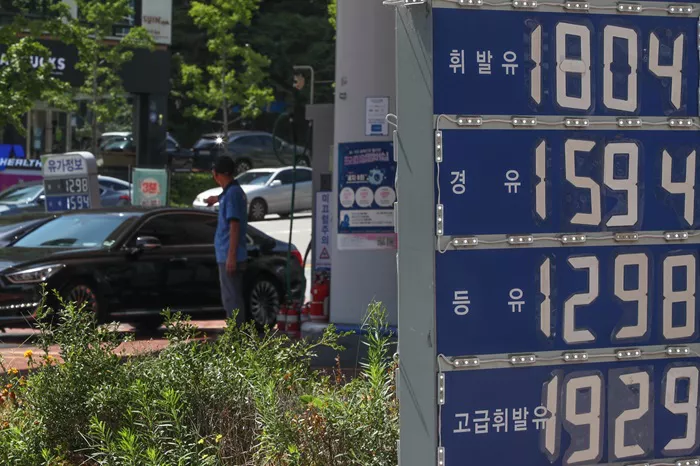South Korea is set to increase natural gas prices for households and small businesses starting next month. This move comes as the government aims to address the mounting debt of the state-run Korea Gas Corporation (KOGAS), while simultaneously attempting to manage inflation by freezing third-quarter electricity rates.
Government Discussions and Justifications
The specifics of the gas price hike, which will take effect in July, are currently being discussed by South Korea’s Trade Ministry and Finance Ministry, according to sources familiar with the matter as of June 23. A government official stated, “Household gas is still supplied at a price lower than the cost, so there is a need for a rate hike. But we are also considering the effect a price increase may have on overall energy bills.”
Economic Implications and Expert Opinions
The decision to freeze electricity rates in the third quarter highlights the government’s concern over inflation. Some experts suggest a 10% increase in gas rates, while others warn that such a hike could impede efforts to reduce inflation to the government’s target of 2%. The government has opted to freeze electricity rates due to these inflationary concerns.
KOGAS Financial Strain
Supplying gas at below-cost prices has significantly impacted KOGAS’s financial health. By the end of last year, receivables for residential gas had surged to 13.7 trillion won ($10 billion), leading to an increase in KOGAS’s debt from 26 trillion won in 2021 to 39 trillion won in 2022. Additionally, the company incurred 1.7 trillion won in interest expenses last year.
The impending gas price hike aims to alleviate KOGAS’s financial burden, but it also raises concerns about the potential impact on household energy bills and overall inflation. The government is weighing these factors as it finalizes the details of the rate increase.
Related topics:
What Are The Grades Of Gasoline?
Retail Prices of Cooking Gas and Kerosene Rise in May 2024, Reports NBS

